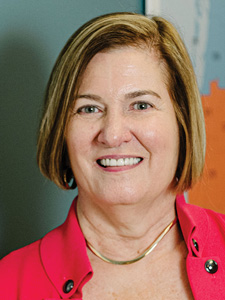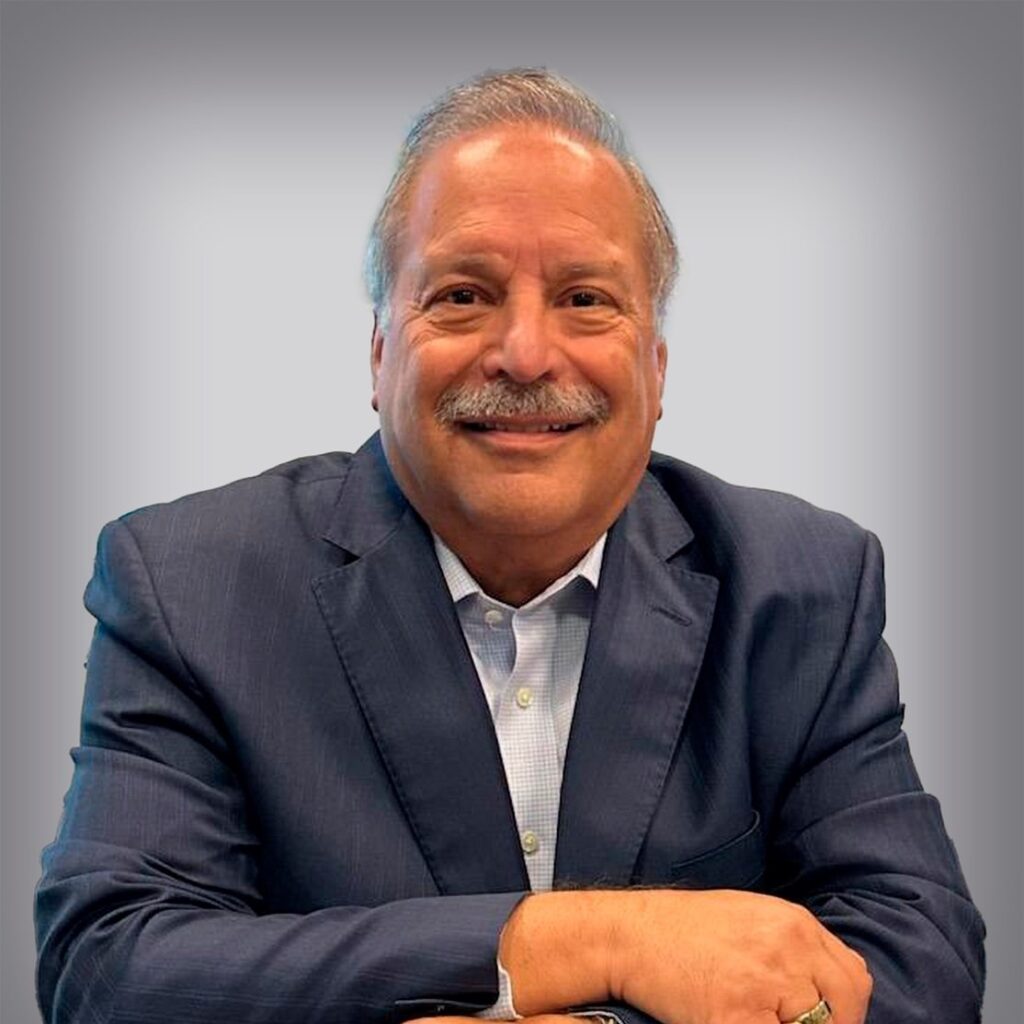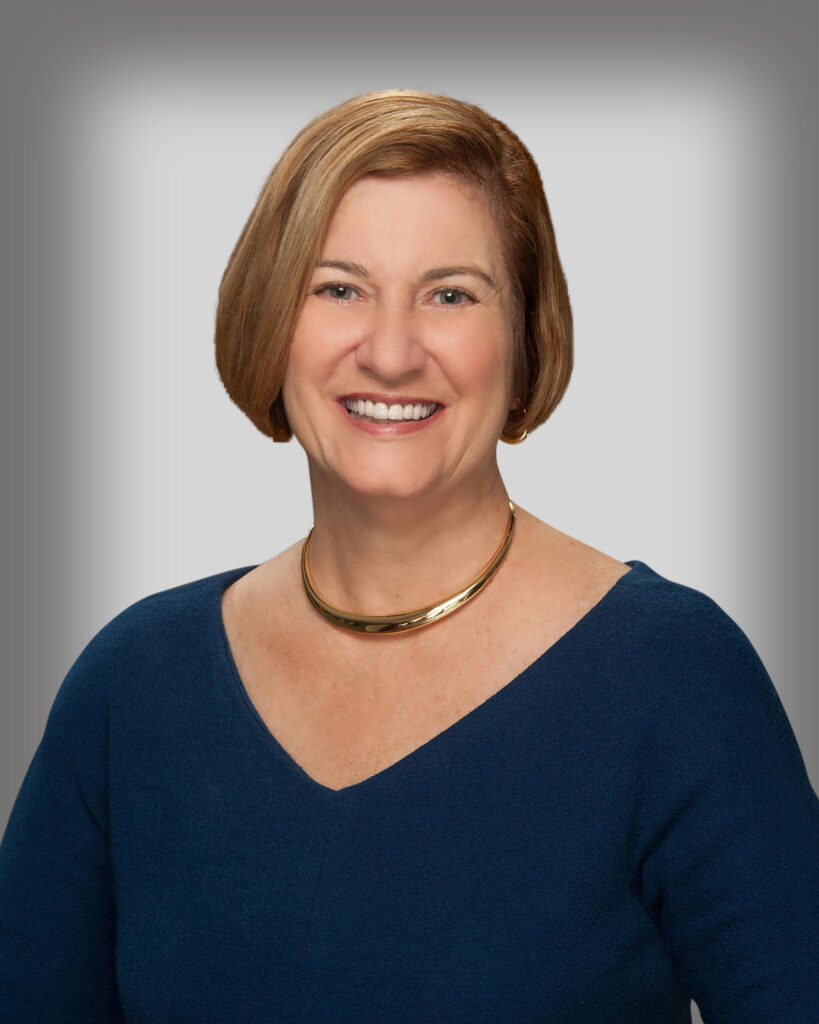After nearly six years of service, Beth A. Houghton has announced her retirement as CEO of the Juvenile Welfare Board of Pinellas County (JWB), effective July 11, 2025.
“Beth has been an extraordinary leader and champion for the children and families of Pinellas County,” stated The Honorable Patrice Moore, Sixth Judicial Circuit Court Judge and Chair of the Juvenile Welfare Board. “Under her leadership, JWB responded rapidly to meet emergent needs during a global pandemic, weathered back-to-back major hurricanes last year, successfully implemented a five-year strategic plan, and balanced accountability with new program growth, ensuring today’s funds are invested wisely to strengthen the lives of today’s children.”
Houghton was hired in 2019 after an exhaustive national search as an “experienced Pinellas County executive who checked all the boxes: an individual passionate about JWB’s mission who possesses legal and fiscal expertise, a proven track record of organizational excellence, and a reputation for getting things accomplished,” according to then-Board Chair Susan Rolston.
Houghton came to JWB from the St. Petersburg Free Clinic where she served as CEO for eight years. She is licensed to practice law in Florida and was the Chief Financial Officer and General Counsel for John’s Hopkins All Children’s Health System. She graduated with high honors from Stetson University College of Law, earned her MBA with honors from Tulane University Graduate School of Business, and her BA with honors in Economics and Political Science from Newcomb College of Tulane University.
Houghton has dedicated her life to giving back, including numerous mission trips to rural Honduras. She currently serves on the boards of H. Lee Moffitt Cancer Center and Research Institute, Foundation for International Missions, and Tampa Bay Thrives, and she served as Board President for Great Explorations, the Houghton-Wagman Children’s Museum. She has received numerous awards for leadership and community service, including being named a Boss for Babies for her advocacy in the zero-to-three space.
“The Juvenile Welfare Board is known for shaping the future of our county’s youngest and most vulnerable citizens,” commented Houghton as she took the reins in 2019. “I have always been passionate about improving children’s lives, both because they are the innocent who cannot control their circumstances and, as a society, improving children’s lives today and into the future is simply a smart investment. I knew I could come to work every day at JWB and truly make a difference in the trajectory of our community.”
Houghton has certainly lived up to her early words, making invaluable and impactful contributions to JWB and leaving a lasting impression on the lives of tens of thousands of children and families during her tenure. She most recently oversaw an annual program and general government budget of $133.2 million and a workforce of 76, while ensuring effective implementation of JWB Board policies and use of the community’s investments. She advocates for children’s issues and underserved families, creates and strengthens strategic partnerships, and oversees the funding of 98 quality programs that served more than 77,000 children and families last year.
Highlights of her storied accomplishments as JWB CEO include:
- A monumental funding opportunity for new strategically aligned programs to address unmet needs, plus significant investments to stabilize the workforce of funded agencies.
- New accountability data systems and measurements to safeguard the community’s investments, plus JWB’s first-ever Florida Government Finance Officers’ Association Award for financial reporting excellence – a designation JWB has now received for five consecutive years.
- Innovative integration of behavioral health therapists into Pinellas pediatric practices for increased access to mental health screenings, interventions, and treatments, serving 70,000 children since the launch of JWB’s Children’s Mental Health Initiative.
- Investments over a five-year span aimed at eliminating childhood hunger and resulting in 27 million meals for kids to fill food gaps and stock pantries across the county.
- Improvements in reading and math scores for out-of-school-time youth, higher literacy rates, and a driving force behind the success of the Pinellas Grade-Level Reading Campaign.
- Adoption of a new Early Childhood Development strategic result area with significant program investments and a public awareness campaign, Turbo Babies, to keep babies on track from birth to three.
- Launch of the life-saving Sleep Baby Safely campaign that has significantly reduced the number of infant sleep-related suffocation deaths and expanded to 18 Florida counties as a statewide best practice.
- Expansion of JWB’s innovative Quality Early Learning Initiative model to five sites countywide for higher kindergarten readiness scores and graduation rates.
- Recognition as a “Best Place to Work” by the Tampa Bay Business Journal and with the Bell Seal Award for Mental Health in the Workplace by Mental Health America in 2024.
- Investments and an intentional focus on targeted populations, including fathers and grandparents raising their grandchildren, for training, resources, and other supports.
“Beth embodies the entire package,” added JWB Board Chair Judge Moore. “All of her attributes, combined with her experience developing and using impact measures and metrics, have served JWB well. Most importantly, Beth has a heart for kids, and her legacy will be written on the hearts of the Pinellas children and families whose lives her work has changed.” Given Houghton’s retirement, the JWB Board has named Michael Mikurak as Interim CEO, effective June 9, 2025. The JWB Board also voted to create a CEO Search Committee to be led by Pinellas County Commissioner and JWB Board Member The Honorable Chris Latvala.




